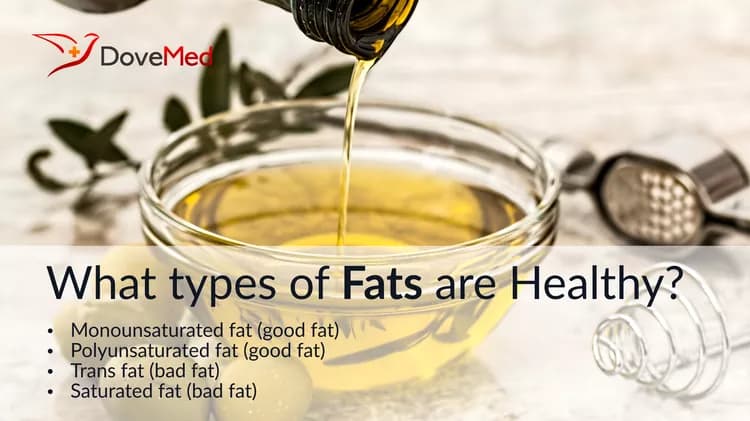For many years, scientists and doctors thought that fat was the culprit of our obesity epidemic. Unfortunately, it is not that simple and straightforward. We actually need fats and cannot live without them. The Dietary Guidelines for Americans recommends that adults should get between 20-35% of their calories from fat.
Fat is one of the three macronutrients, along with carbohydrates and protein, which are beneficial to our bodies. They provide essential fatty acids, keep our skin soft, deliver fat-soluble vitamins, and are a great source of energizing fuel. Essential fatty acids cannot be created from our bodies and therefore need to be obtained through the diet.
It is often easy to get confused with the good fats and the bad fats. There are four major types of fats in food:
- Monounsaturated fat (good fat)
- Polyunsaturated fat (good fat)
- Trans fat (bad fat)
- Saturated fat (bad fat)
Monounsaturated fats and polyunsaturated fats are the healthy fats and are known as “good fats.” These reduce “bad” cholesterol in the blood, thereby decreasing the risk of heart attack. An omega-3 fatty acid is a component of unsaturated fat, which reduces inflammation and stimulates metabolism. Omega-6 fatty acids are fat components that can enhance inflammation in the body. Both forms are important because inflammation is the body’s initial step to protecting itself from harmful agents. However, excessive inflammation is bad, and it can cause severe damage to the body by contributing to disease development when the inflammatory response is excessive.
Balance is the key and a proper omega-6 to omega-3 ratio is crucial to maintaining proper health. Omega-3 fatty acids do not get enough recognition because the Western diet is saturated with omega-6 fatty acids, tipping the balance of the omega-6 to omega-3 ratio. Monounsaturated fats lower the risk of breast and prostate cancer. Polyunsaturated fats can lower total cholesterol levels.
Saturated fat, known as the “bad cholesterol”, increases total cholesterol and may increase the risk of type 2 diabetes. Meat, seafood, and dairy products are the dominant sources of saturated fat. However, some plant foods, like palm and coconut oil, also contain saturated fat. Both animal and vegetable sources carry the same amount of risks.
Indeed, saturated fats do have certain health benefits, but only when consumed within a limit. They can raise the levels of “good” cholesterol, which has the potential to lower the risk of heart disease. “Good” cholesterol is termed so because it helps remove the “bad” cholesterol away from the arteries. Researchers think that “good” cholesterol scavenges for the “bad” cholesterol and moves it back to the liver, where it is broken down and removed from the body.
Since the American diet is high in omega-6 fatty acids, eating more omega-3 foods like flaxseed, salmon, Chia seeds, basil, and oregano, is beneficial. Too much omega-6 with little omega-3 fatty acids can cause more inflammation in the body. The best types of fats to look for are unsaturated fats, which include both polyunsaturated and monounsaturated fats.
Related Articles
Test Your Knowledge
Asked by users
Related Centers
Related Specialties
Related Physicians
Related Procedures
Related Resources
Join DoveHubs
and connect with fellow professionals


0 Comments
Please log in to post a comment.